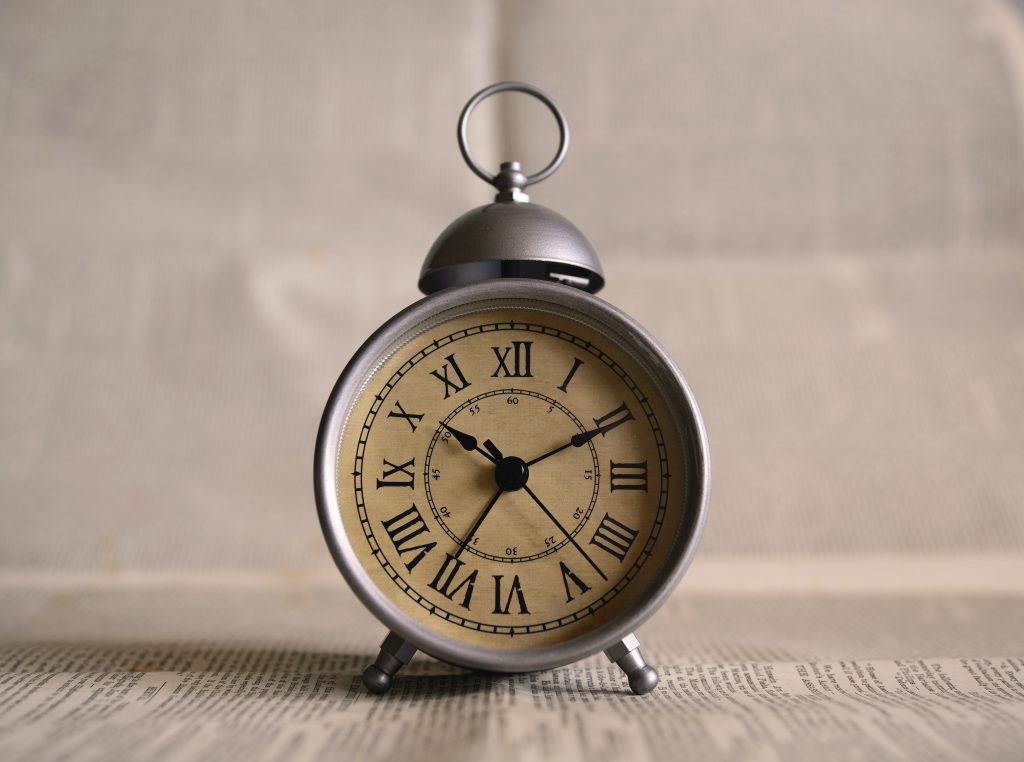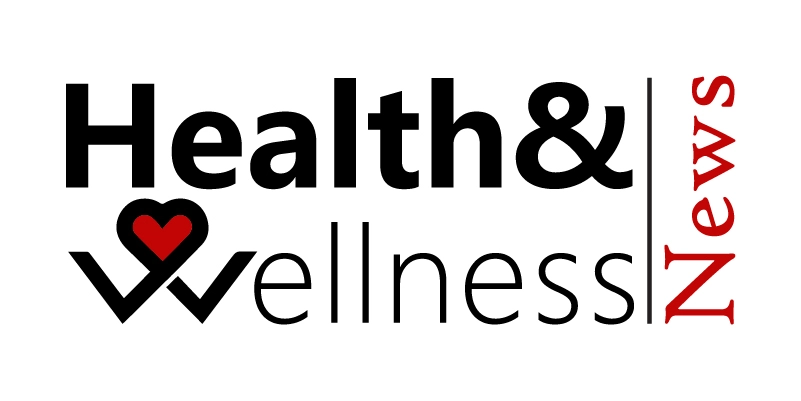How Clocks Can Help You Predict The Time You Have To Live
Are you curious about how much longer you have to walk planet earth? An aging clock promises to measure your biological and genetic properties to help you recognize anti-aging drugs. The big question revolves around the accuracy of these controversial aging clocks.

Scientists argue that age represents the total birthdays you have celebrated, while sleep, diet, and stress are responsible for how your organs cope with the wear and tear of everyday life. Poor diet, inadequate sleep, and wrong diet can make you age slower or faster than your agemates, meaning that your chronological age could be different from the biological age.
The biological age is primarily a reflection of your physical health and mortality than your chronological age but calculating your biological age isn’t a straightforward process. Scientists spent the last decade developing aging clocks assessing body markers to reveal biological age. The aging clock explores the degradation of your organs to predict the remaining years.
An aging clock estimates your biological age based on epigenetic markers, precisely, the methyl groups layered onto DNA affecting the genetic expressions. You can find different clocks for specific organs and animal species.

Steve Horvath and his twin brother, Markus, helped develop the first epigenetic aging clock in 2011. Other groups have also made efforts to develop similar clocks for assessing the effects of lifestyle, diet, and supplements on aging. Each new aging clock comes with additional features making it easier to identify the biological age.
Aging clocks could indicate your overall health but may not be fully accurate in their readings. You shouldn’t replace clinical markers with epigenetic markers but try combining both for the best outcome. You should consider a healthy diet, refrain from smoking, exercise regularly, and practice other healthy lifestyle options to maintain a healthy body.
